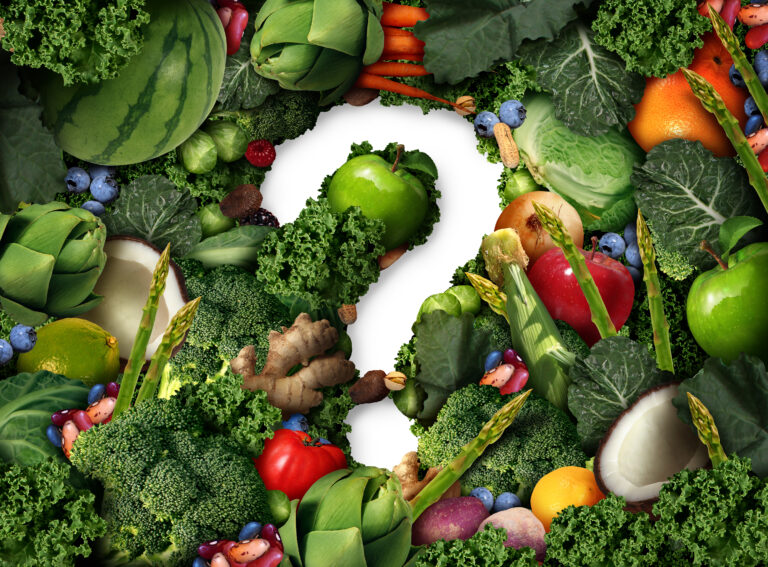Answering client questions and helping find solutions earmark a typical day in the life of a TAG Team Expert. And when those questions are big-picture, industry focused, they can provide some solutions for others in the industry as well. So, in this week’s article, we address two recent – though disparate – questions on compressed air system and FDA’s new targeted sampling of leafy greens.
1. I’m considering the purchase of a compressed air system for my facility. What do I need to consider?
One of the first considerations is whether you produce RTE foods. According to FDA’s Listeria guidance, there have been isolated reports of contamination associated with compressed air sprayers, due to contamination within the lines. Because of this, FDA recommends:
- Filtering the air in rooms where RTE foods are processed or exposed to reduce the potential for contamination, with the final filter having an efficiency of at least 90-95 percent at 1 micron as rated in American Society of Heating Refrigerating and Air-Conditioning Engineers (ASHRAE) standard 52.2- 2012. It may also be appropriate to use High Efficiency Particulate Air (HEPA) filters that have an efficiency of 99.97-99.99 percent at 0.3 micron for removing bacteria, yeasts, and molds.
- Implementing procedures, such as drying at the source of the gas/air supply and filtration at the point of use, to ensure that compressed gases or air used directly in or on RTE food or food-contact surfaces, not become a source of contamination. Examples of such procedures are drying and filtration.
- The filters used on intake air and for compressed air systems be examined and changed per the manufacturer’s specification or more frequently based on pressure differential or the results of environmental monitoring.
The SQF manufacturing code (11.5.5.2) requires that compressed air systems and systems used to store or dispense gases that contact any food or food contact surfaces be maintained and regularly monitored for quality and food safety hazards, at least annually.
There also could be issues with the use of compressed air sprayers in facilities with allergens, as there is the potential of allergens being blown around the facility.
From all this, TAG recommends that facilities using, or considering the use of, compressed air sprayers consider all risk factors that could occur in your plant.
2. FDA has announced a new targeted sampling of leafy greens. What does this mean to my farm?
FDA’s announcements included a summary report of its 2021 sampling conducted as a part of the Leafy Greens STEC Action Plan (LGAP) introduced in 2020. But the detail of its actions to be taken over the next two months is likely of more imminent concern to growers. That is, FDA food safety experts will be visiting with leafy greens producers in California to learn more about their operations and the agency will be conducting a targeted sampling of leafy greens grown on farms and ranches during the fall 2022 harvest season in the Salinas Valley.
The actions are being conducted due to the concerns raised from recent outbreaks about the sanitary design of harvest equipment and how field production and processing practices may be contributing to contamination events. Additionally, sampling is a key aspect of the LGAP intended to detect contaminated product, prevent it from reaching consumers, and help leafy greens growers and processors identify practices or conditions that may present microbial risks and strengthen the safety of their operations. Thus, FDA plans to collect about 240 lettuce samples at Salinas Valley farms and ranches which were identified by traceback investigations in recent years as being potentially associated with a lettuce or leafy greens foodborne illness outbreak. The FDA also may collect environmental samples (e.g., water, soil, and scat) during its mid-September 2022 through October 2022 sampling, with all samples tested for Salmonella spp. and E. coli O157:H7.
The announcement does not specifically state which Salinas Valley farms or ranches FDA will be visiting or sampling. But whether yours is on the list or not, the prevalence of leafy greens recalls over the last few years should cause all farms and ranches to take a further look at their production and food safety effort to help ensure against being implicated in a future recall.
If your facility, farm, or ranch needs assistance in any food safety effort – from compressed air spraying to leafy green safety – give TAG a call. Our multi-disciplinary food safety and public health experts can help.





